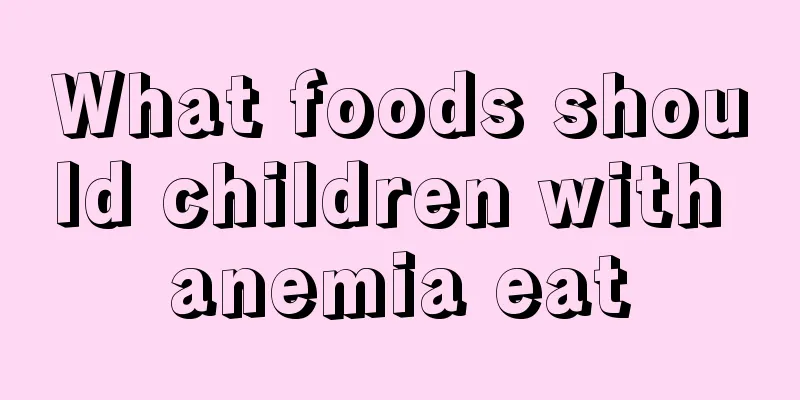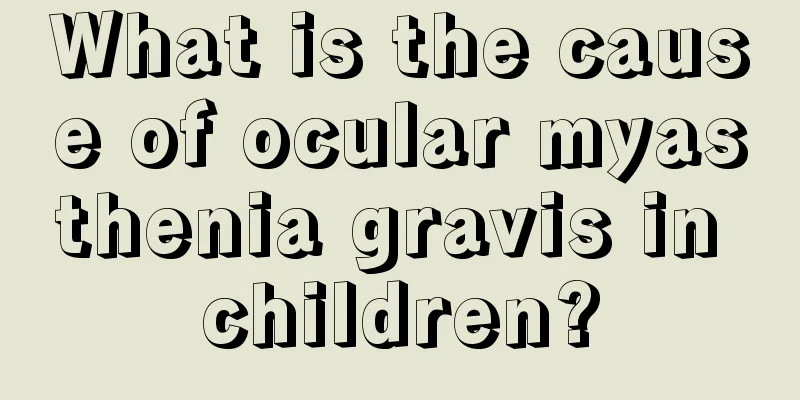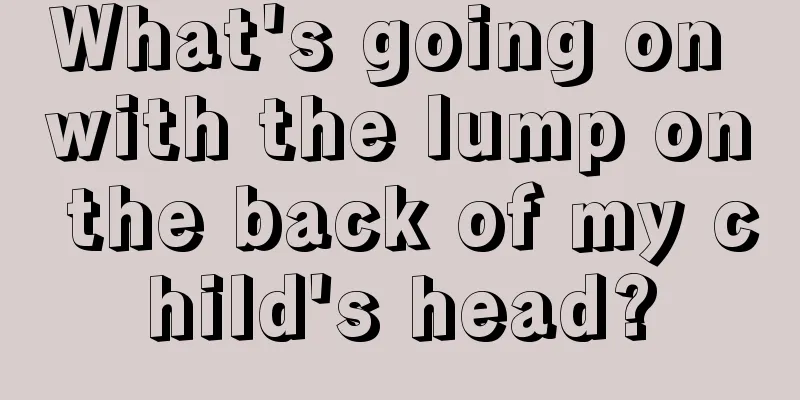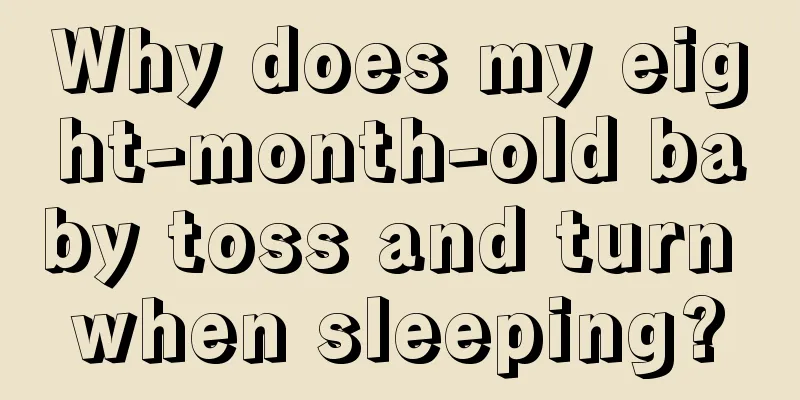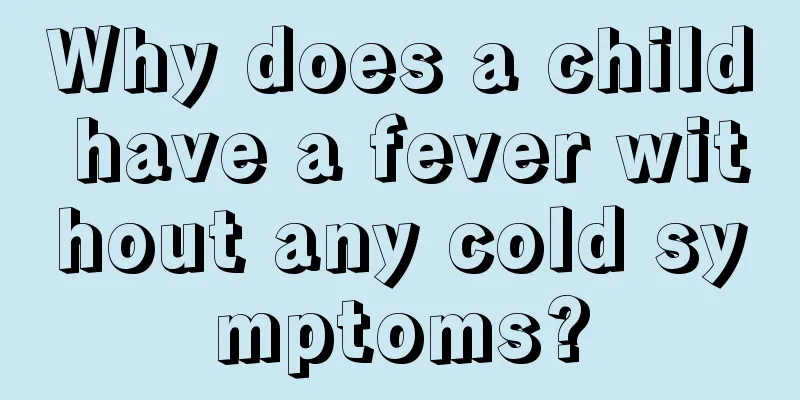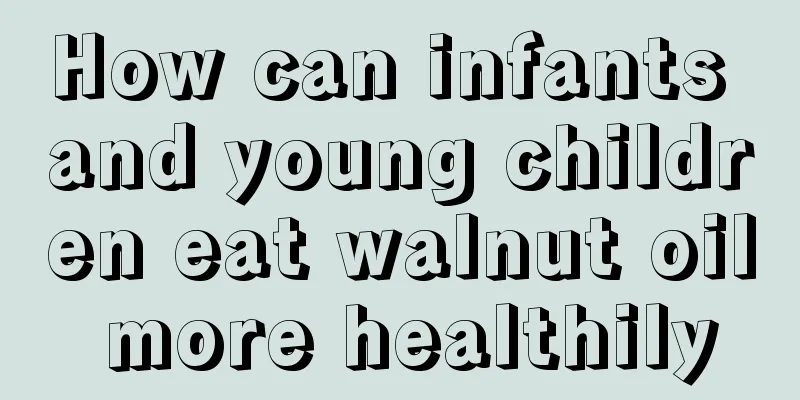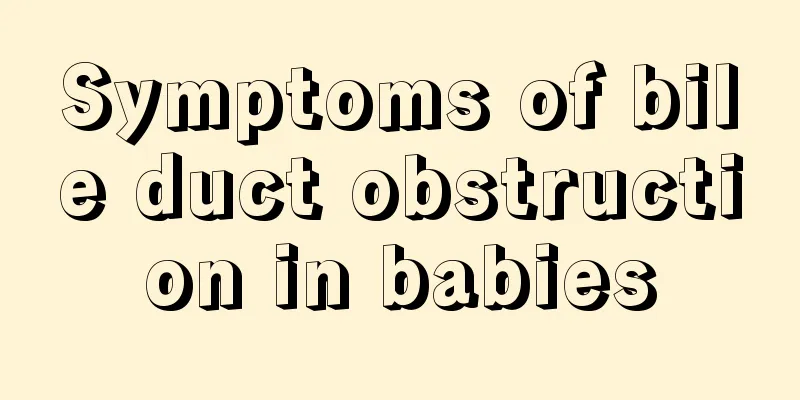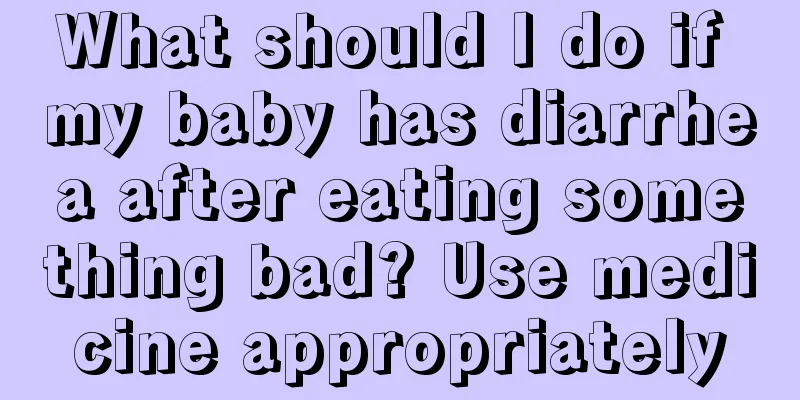What are the consequences of having a baby get vaccinated for diarrhea?
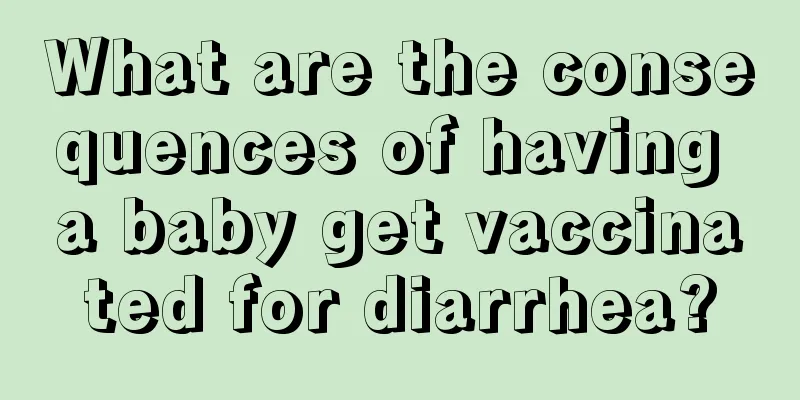
|
Since the baby's digestive system has not yet been fully developed, you must pay more attention to the baby's diet, otherwise it will easily lead to diarrhea in the baby. Diarrhea will not only affect the baby's absorption of nutrients, but also be detrimental to the body's development. Some parents are careless and give vaccinations when the baby has diarrhea. So what are the consequences of vaccinations for diarrhea in babies? First, what are the consequences of a baby getting a vaccination for diarrhea? Vaccinations are actually attenuated or inactivated vaccines. After the baby gets the vaccination, the body's immune system produces a specific immune response against the antigen, and the baby will have symptoms such as redness, swelling, fever, and pain. When a baby has diarrhea, his body's immunity is actually relatively weak. If he gets vaccinated at this time, not only may the diarrhea symptoms worsen, but other reactions after the vaccination may also worsen. Second, there are situations in which babies should not be vaccinated. 1. Babies cannot be vaccinated if they have a cold or fever, otherwise the symptoms may worsen. 2. Babies who are recovering from an infectious disease, or babies who have a history of contact with acute infectious diseases but have not passed the quarantine period, cannot be vaccinated, otherwise adverse reactions are likely to occur or the original condition will be aggravated. 3. Babies with asthma, eczema, urticaria and allergic constitution are prone to allergic reactions after vaccination, especially measles vaccine, diphtheria, tetanus and pertussis vaccine and other vaccines with strong allergens. Needles are more likely to cause allergic reactions. Children with a history of epilepsy and convulsions are prone to syncope, convulsions, and shock when receiving vaccinations, especially Japanese encephalitis vaccine and diphtheria-tetanus-pertussis combined vaccine. People with severe rickets should not use polio sugar pills. 4. Children with acute and chronic kidney disease, active pulmonary tuberculosis, purulent skin diseases and purulent otitis media may experience various adverse reactions after vaccination, which may aggravate the original condition and affect the recovery of the sick child. It must be pointed out that children with congenital heart disease can still receive vaccinations as long as their function is good. 5. During the vaccination period, if the child is feeling uncomfortable, has symptoms such as vomiting, diarrhea, and severe cough, the vaccination can be temporarily postponed with the doctor's consent, and the vaccination can be given again after the symptoms improve.What are the consequences of getting a vaccination for a baby with diarrhea? If a baby has symptoms of diarrhea, vaccinations should be used with caution. You should wait until the baby recovers from the illness before getting a vaccination. This may enable the baby to grow up healthily. In fact, after the injection, it may also cause symptoms of sub-health and even make the diarrhea more serious. |
<<: Why does my child's scalp itch?
>>: Why does my child's back itch all the time?
Recommend
What should I do if my baby has a cold and drools?
Every child is the most precious treasure of his ...
Children with roseola have been exposed to the wind after the rash appeared
There are many parents around us who worry about ...
How to treat gingivitis in a one and a half year old baby?
There is only one good mother in the world. Child...
What is the head circumference of a 2-year-old baby?
The healthy growth of the baby is very important ...
What to do if a child has a rash after a fever
Parents are very concerned about their children&#...
What should I do if my child has an upper respiratory tract infection and a fever?
If a child has an upper respiratory tract infecti...
Baby doesn't like to eat fruit
Being picky about food is everyone's nature. ...
Can babies eat fish if they have phlegm? Parenting experts tell you the answer
Parents, please take note: if your baby has phleg...
Adverse reactions to pertussis vaccine
Whooping cough is a relatively common disease. As...
How to make pumpkin porridge for children?
Pumpkin is a common food in our daily life. Since...
The baby has fat particles on his face
Many mothers have found small pimples like fat pa...
How to protect children's teeth
Teeth are important chewing organs of the body. O...
What recipes can I eat when I have chickenpox
Children are more prone to chickenpox. When the b...
Seven month old baby poops green
Some parents start feeding their seven-month-old ...
What should I do if my baby's fontanelle closes?
Some babies have abnormal physical phenomena, so ...
